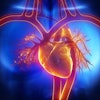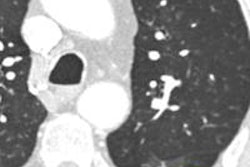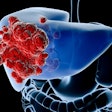Researchers at Rhode Island Hospital are finding more than urinary problems in their MDCT scans for patients with hematuria, according to a new study in the September issue of the American Journal of Roentgenology.
The study showed that almost 7% of urological MDCT scans for hematuria produce incidental findings, although they're only occasionally clinically important, wrote Dr. Julie Song and colleagues.
Because organs beyond the urinary tract also are included in the CT scanner's field-of-view, MDCT urography can reveal unanticipated findings unrelated to urinary disease, they explained. However, the prevalence of incidental findings is not well understood, the study team wrote.
The group retrospectively examined reports of 1,209 patients who underwent MDCT urography to look for potentially important extraurinary findings, or those that needed further study or intervention. Findings were categorized as acute or nonacute, the authors wrote (AJR, September 1, 2012, Vol. 199:3, pp. 616-622).
The results showed potentially important extraurinary findings in 82 of 1,209 patients in the study (6.8%), for which follow-up information was available in half. The researchers found 11 exams (0.9%) with acute findings, most frequently inflammation of the gastrointestinal tract and pancreaticobiliary system, and there were 74 nonacute but important findings.
The most common findings were lung nodules (n = 22), aortoiliac aneurysms (n = 16), ovarian cysts (n = 14), pancreatic cysts (n = 6), liver lesions (n = 4), and postmenopausal endometrial thickening (n = 4). There were five histologically proven malignant neoplasms (0.4%), but only 0.9% of patients needed immediate medical attention.
Incidental findings were relatively common at 6.8% of the study cohort, but clinically significant findings were rare, the study team concluded. Compared with studies in virtual colonoscopy (also known as CT colonography or CTC), which also scans the abdomen with CT, the prevalence of clinically or potentially important findings at hematuria MDCT is at the lower end of the CTC range for incidental findings, which is about 7% to 15%, the authors wrote.



















